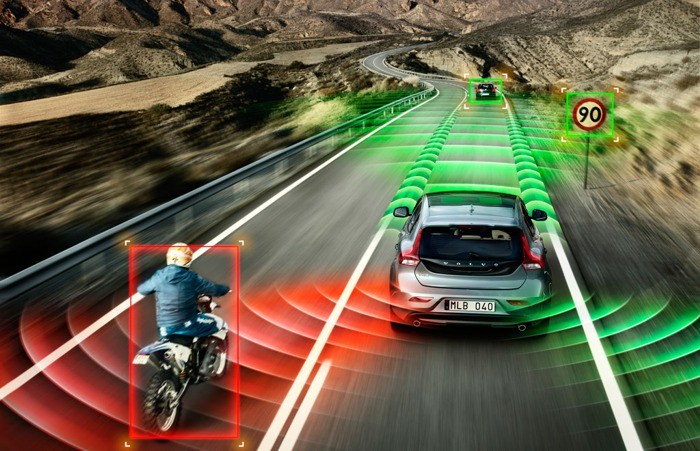
Have you ever slammed on the brakes of your car to avoid a crash? If so, odds are that you were using automated vehicle technology. Major auto manufacturers are racing to develop self-driving car capability, but will we see that technology soon? How will this cutting-edge technology affect you?
What Is a Self-Driving Car?
Let’s start out by describing what “self-driving” means. The National Highway Traffic Safety Administration has defined five levels of vehicle automation, all of which turn on the level of control the driver retains:
- Level 0: The driver is always in control of all aspects of vehicle operation.
- Level 1: The vehicle assists with one or more specific control functions, such as anti-lock braking.
- Level 2: The vehicle assists with at least two primary control functions, such as lane centering technology, combined with adaptive cruise control.
- Level 3: The vehicle can completely take over driving during certain conditions, but the driver must be available for occasional control. A good example of Level 3 technology is the Google car.
- Level 4: The vehicle can execute a trip from start to finish.
Many current vehicles use some of these technologies, such as adaptive cruise control, which has been around for nearly a decade. This feature automatically reduces vehicle speed when necessary to keep a safe distance from the car ahead.
How Will Fully Automated Self-Driving Cars Affect Everyday Life?
Some aspects of self-driving technology, such as adaptive cruise control and anti-lock brakes, are already reaping benefits. The RAND Corporation, a nonprofit research organization, recently compiled a report outlining the advantages and disadvantages of fully automated vehicle technology. Many advantages are likely:
- Fewer crashes due to human error;
- Increased mobility;
- Decrease in traffic due to more efficient transportation;
- Increased productivity during transportation; and
- Increased fuel efficiency.
The Washington Post has reported that fully autonomous cars will likely be in serious production in 15-20 years.
What Legal Impacts Will Fully Automated Cars Have on Me?
What’s the bottom line for you? The RAND group posits that personal liability is likely to decrease as drivers turn control of their vehicles over to the vehicles themselves. Liability of auto manufacturers, however, will probably increase. And there’s even more good news for consumers: the authors of the report believe that personal automobile insurance costs will decrease.
We believe in developing trusting relationships with families for life. That’s why we offer a Family Wealth Planning Session, where we can discuss your family’s insurance needs and other alternatives for you and your family. You can begin by calling our office today to schedule a time for us to sit down and talk because this planning is so important.





